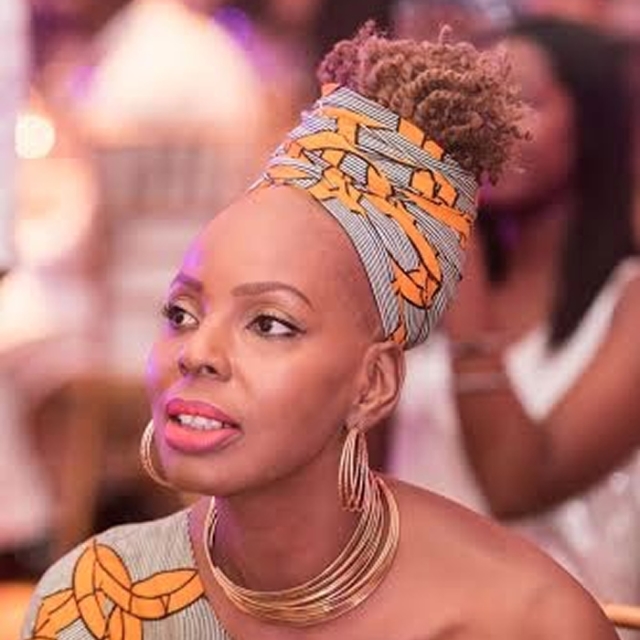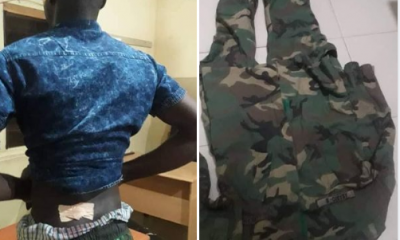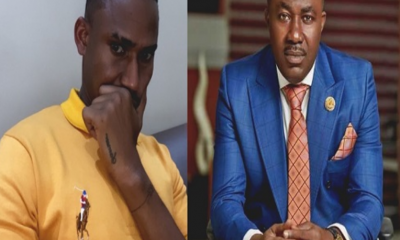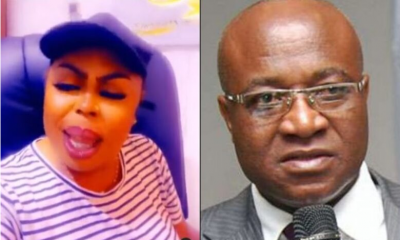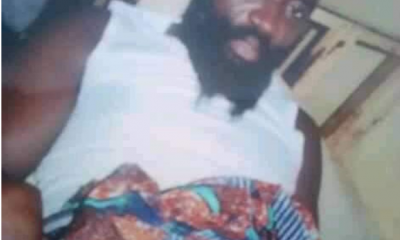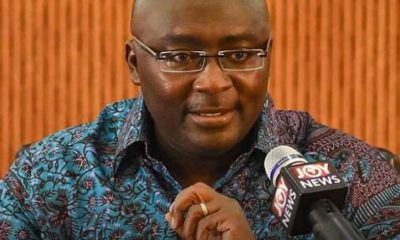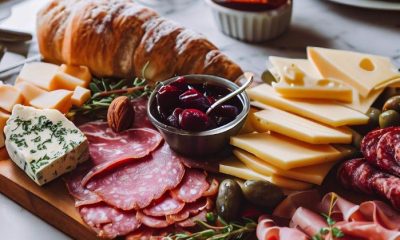Gossip
Ghanaian women deliver …their president does not
On this global platform watched by a global audience, President Nana Akufo-Addo said: “The most important thing is power.
That you sit at the table where the decisions that you make are enforced and become the rules and regulations by which society lives. Not enough movement has been made by 52% of the population that are women to be able to be in the position to make these decisions. We’re not seeing enough activism and dynamism on their part……”
The President was booed. The clip went viral. Social media exploded. Heated discussion, exchanges. And headlines.
The Vancouver-based conference featured Canada’s prime-minister Justin Trudeau. Our president Nana Akufo-Addo is facing the ire of so many women in Ghana who make up 52% of our nation.
I, like hundreds and hundreds of women, was outraged when I heard the comments. I engaged my networks, and we went into action. We created the hashtag #WeAreThe52percent and issued a call to action. We invited women in Ghana to highlight what we’re doing and what we want and expect our President, and his administration to do.
The hashtag became global news. Outrage can be a driving force for action. When organized and strategized, it can lead to change.
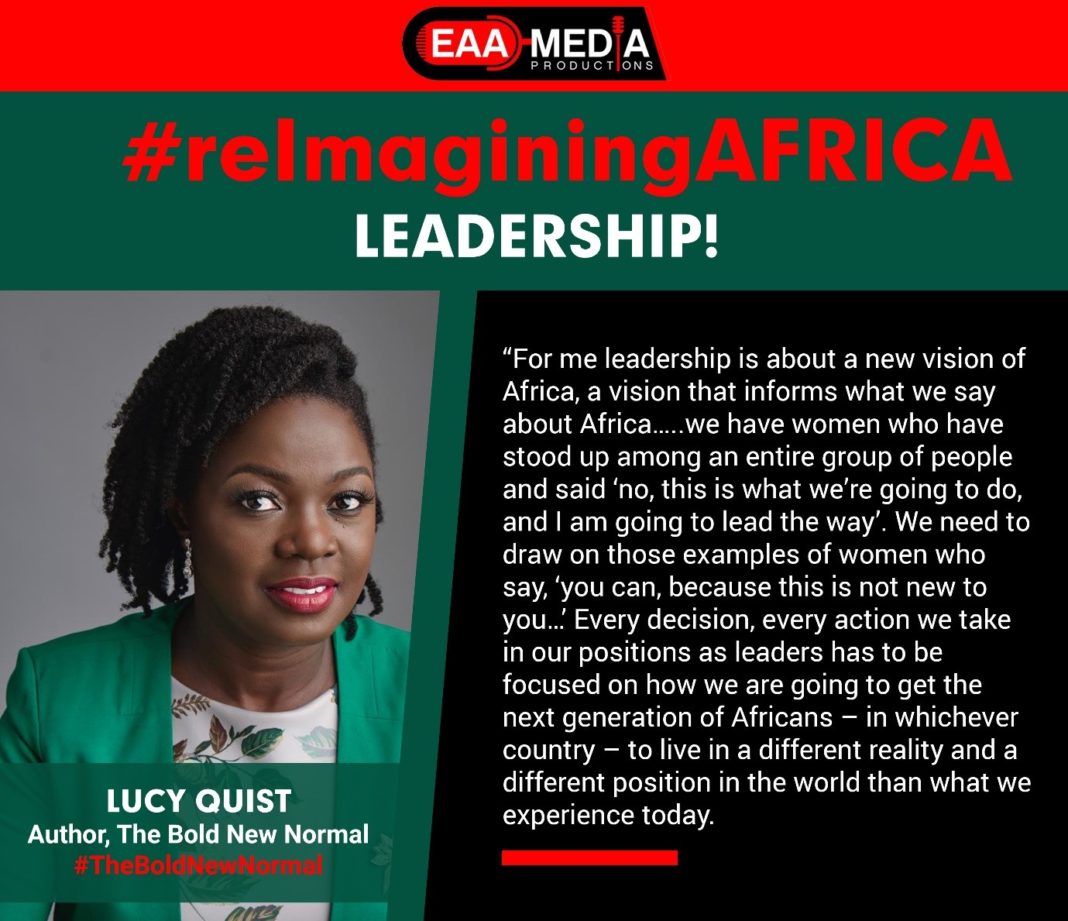
Let’s first correct the record.
Our President is wrong. He is out of touch. And he is disconnected. Named African Union’s Gender Champion, he is the Speechified-In-Chief when it comes to mentioning the importance of women, starting with the inauguration and beyond.
This offers us a crucial moment to talk specifically about women and power and structures here in Ghana.
I agree with our President. Power matters.
Power does not only look like a politician in a suit, with an air-conditioned office, driving a V8 and who someone calls Oga. That’s how we think of Power here in Ghana. The President’s power is due to a mandate from the people of Ghana. They include millions from the 52%. Citizens hold power – we may not always fully recognize the extent and the depth of that power, but certainly, we hold power.
Power is both institutional and individual. In this case, I want to focus on structural power, women, bias and men.
Right now, our power structure rewards and promotes the most incompetent and mediocre of men and punishes and excludes some of the most powerful, dynamic and brilliant women from a range of sectors. That is a construct. It is not an accident. It is why there are political gatekeepers. Those political gatekeepers are men and some women. Their aim is to protect the status quo of power and prevent its access by many more of the 52%.
The brilliance and the dynamism of the 52% mean despite the borders and barriers, they make it and push through. So, that does not mean there isn’t dynamic activism – there is, of course there is. It does mean we must recognize the systems constructed to exclude women from power. Those systems are cultural, familial, societal, communal, political and national. They come from our churches, our schools, our politics, and our places of work.
Men are taught they are powerful. They are raised that power belongs to them. Women are taught power is unfeminine – that it may jeopardize what culture deems as success. For a woman – that is usually a ring, a wedding cake and babies. Our mothers are indeed powerful. Ghana boasts a rich history of powerful women, thousands of them mothers and grandmothers, whose dynamism enabled us to have the democracy we enjoy today.
Our Independence movement is an important example. It was funded by women. It was their dynamic financial activism that enabled the Independence Movement to grow, expand and lead us to having a Kwame Nkrumah as our first Black president. History’s list and the contemporary list of dynamism by women in Ghana is long.
As I said earlier, our president is African Union’s Gender Champion, and the African Union celebrates its founding in May. Throughout May, visionary African women in Ghana revealed the innovative ways they are reimagining their sectors.
From Ethel Cofie and Akosua Annobil in the world of Technology, to Dr. Mary Apea Ashun in the world of Schools and Education, to Anatu Ben-Lawal in the world of Philanthropy to Taaka Awori and Lucy Quist in the world of Leadership. These women are examples of the very dynamism our President claims there is not enough of in Ghana.
Other examples include the work done by civil society organizations like the Coalition Against Sexual Abuse (CASA) whose work is the elimination of sexual abuse in schools. One aim is to get structures in place to enable effective reporting for students alleging sexual harassment and abuse by teachers. A year-long campaign reached the attention of our current Minister of Education.
The activism occurs in multiple, creative, dynamic ways. It is the political machine that fails to ramp up and fulfil its end of the bargain.
Men’s political failures should not land on the shoulders of the 52%.
What we must also do is turn and focus squarely on the President’s record when it comes to the 52%.
We must focus a lens on the ways this government and its leader have responded to their mandate and remit. There are important pieces of legislation – political instruments – whose passage would help change the picture of power. One is, of course, the Affirmative Action Bill. The President’s failure to get it passed is indicative of the lack of commitment to his own political commitment and vision. There is also the government’s failure to consistently and adequately fund our Domestic Violence law. That would enable the 24% of women in Ghana who are domestic violence survivors to more effectively use that law to better protect themselves and punish the perpetrators.
Our president lauded the 5,000 men recruited for the #HeforShe programme, launched in December 2017. It has been one and a half years. Who are these 5,000 men? Where are they? And what are they doing for the women of Ghana since that is their remit? Where is their dynamism and activism?
We are a nation where incompetent and mediocre men flourish. We know this. We discuss this. We complain about this. And yet they continue to flourish, in so many organizations. We are a nation where girls and women must navigate sexual harassment, abuse, and violence from school-teachers to employers, and yet those men continue to flourish.
It could be fairly argued that when the call was made for stronger gender balance in electoral office by a quota system, the outrage scared off the party. They backed down. Frankly, it could equally be argued that this backing down was political cowardice. Standing in the face of the outrage and reckoning with it, that is what is required to dismantle a power structure that too often prevents the brilliant from getting in the door, but swings that same door wide open for the incompetent. Change requires the courage to confront the outrage, stand your political ground and maintain political conviction.
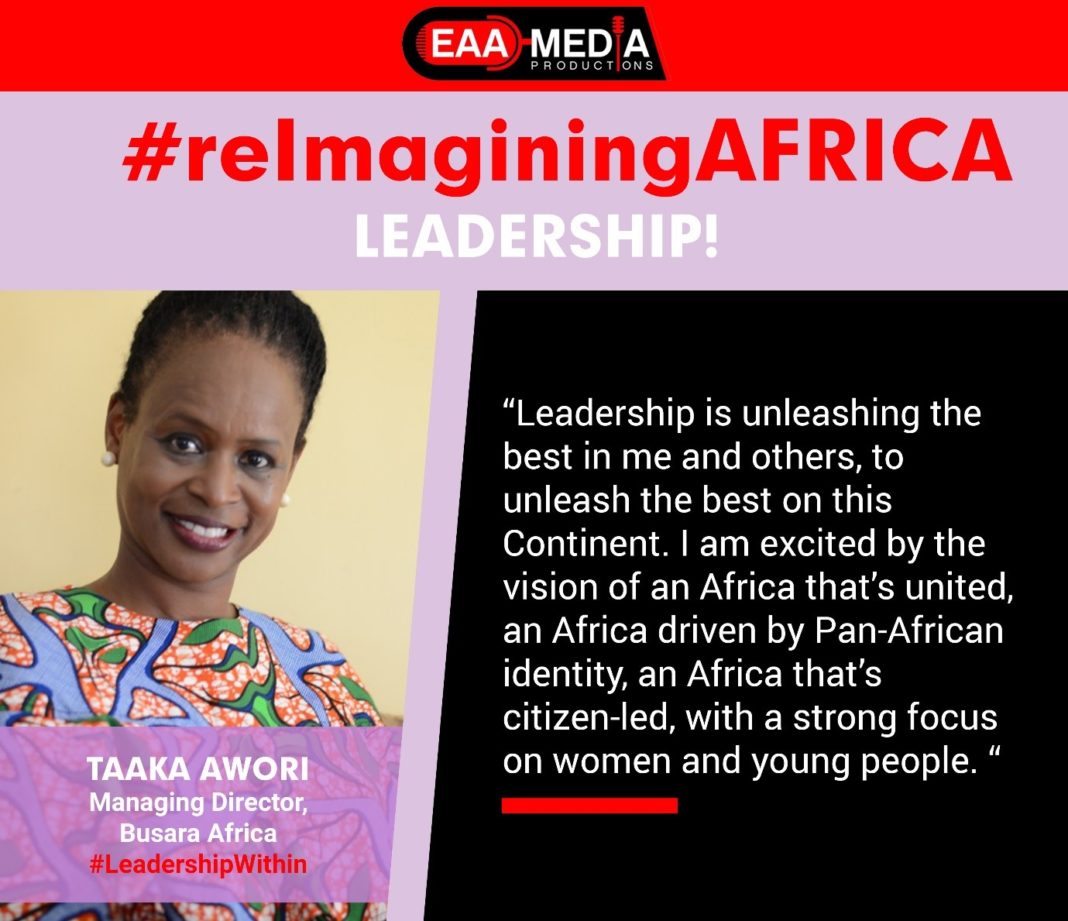
The outrage continues. The activism continues too.
Activism continues in quiet places with no cameras, no hashtags and no media. It does so by women fighting to build better lives for themselves and those they love. That activism happens in offices and classrooms and boardrooms. It happens in homes and on the streets. It manifests in ways seen, and so often unseen, unappreciated and unacknowledged.
I am one of the 52%. We are women. We are citizens. We are activists. We are dynamic. We contributed to getting you elected, Mr. President. Remember, you serve us. You have failed to effectively do that, and that failure jeopardizes your opportunity to lead this nation again.
We are the 52%. Do better, Mr. President.

